Learn Arabic faster with masterstudy
Browse real tutors who specialize in everything from beginner basics to business Arabic. Choose based on your goals, budget, and learning style - all lessons are online and personalized.
My name is Rim Al-Rifai. I am an Arabic language teacher with over eight years of experience. I hold a Master's degree in Arabic Language, which has allowed me to delve deeply into the language and master modern teaching methods. Additionally, I am currently studying educational administration to further deepen my understanding of the Arabic language field. I have taught Arabic in several schools across Lebanon and have also taught Arabic online to non-native speakers, including French students
Hello, My name is Batoul Kanso. I am from Lebanon. I have +2 years' experience in online teaching. I can help you in learning Arabic, Math, English and many others
I'm here to help you! Whatever was the reason behind learning Arabic. Book a trial lesson with me and let's embark on this lovely journey together!
Hello, my name is Alissar Mahdi, and I’m from Lebanon. I’ve been a private tutor for +6 years, helping students of different ages improve their skills. My approach is flexible and fun, but strict when needed to ensure progress. I’m passionate about making learning enjoyable and tailored to each student’s needs.
Hello my Name is Marc
Mar7aba! ? I'm Andie! I was born & raised in Lebanon ??, & I'm thrilled to be part of your Lebanese Arabic learning journey! My tutoring experience & deep passion for teaching Arabic have been vital in helping over 100 students succeed on Preply. I am dedicated to making your language learning experience enjoyable, interactive, & personalized just for you! In my spare time, I enjoy singing ?, dancing ?, & acting ?!! My educational background includes a Bachelor’s degree in Translation & Interpretation, complemented by certifications in Teaching Arabic as a Foreign Language (TAFL) & Preply Language Teaching Certificate. I employ a communicative & interactive teaching approach, emphasizing practical skills & cultural insights. This ensures you not only grasp the language effectively but also develop a profound appreciation for Lebanese culture. What to Expect: ? Totally personalized lessons that match your pace & interests. ? Fun activities to boost your speaking, reading, & writing skills. ? Insights into Arabic culture that go beyond textbooks. ⏰ Flexibility! Your schedule is important, so let's find times that work for you. I'm here to support you whether you're preparing for a trip to Lebanon, connecting with Lebanese friends & family, or simply exploring the rich culture & language. Let's take the first step together towards mastering Lebanese Arabic! ?
"My lessons are interactive, personalized, and designed to keep you motivated while making real progress. I work with students of various levels, including those with special needs, adapting each session to fit individual needs and pace, and I’m here to support you every step of the way.
To seek a challenging position in the organization, where I can apply my education, training and experience while gaining exposure to a wide range of personal, career and professional development.
Are you ready to unlock the beauty of the Arabic language? Whether you're a beginner or looking to sharpen your skills, now is the perfect time to start learning with me! Learn to speak, read, and write Arabic with confidence
My approach blends structured pedagogy with real-world relevance, ensuring lessons are both effective and engaging. Why Choose Me? - 4+ years teaching languages effectively - Custom lessons for each student’s needs - Real-world focus – learn practical skills fast - Patient & encouraging – builds confidence - Proven results in exams, work, travel prep - Makes learning fun with engaging methods I help students actually use the language – not just study it. Let’s achieve your goals together!
Dedicated tutor committed to empowering learners to achieve fluency and confidence in English and Arabic through engaging and interactive lessons.
"Hello! , I’m Zeinab, and I’m here to make learning a fun, creative, and supportive experience for everyone, no matter how you learn best!" I believe learning never stops, especially for teachers. To become better at what I do, I will: Take part in training and workshops that help me learn new ways to teach, especially for adults and students with ADHD or learning difficulties. Use different teaching methods to make sure every student learns in a way that works best for them. Keep up with the latest ideas and research in education so I can bring the best techniques into my classroom.
Marhaba! My name is Celine and I'm a seasoned Levantine Dialect and Modern Standard Arabic Instructor for speakers of other languages. Over the course of my career, I've worked with students from different levels, backgrounds, and ages. My lessons are usually infused with laughter and cultural references. My passions include film, poetry, music, literature, theater and photography. I adapt my teaching style and material depending on my students' needs and goals. Flexibility is to language teaching what consistency is to language learning. Yallah, are you ready to take up the challenge?
Through Hope: A Cheerful Path for Cancer Warriors ?
Discover how cancer patients can learn conversational Arabic in a joyful, flexible way. MasterStudy.ai offers comforting, empowering lessons built for healing and hope.
How to Learn Conversational Arabic (the Fun and Easy Way ✨
Discover how to learn conversational Arabic without stress. MasterStudy.ai helps you speak confidently, have fun, and connect with real people from day one.
20 Benefits of Learning Conversational Arabic | MasterStudy AI?
Explore the top 20 benefits of learning conversational Arabic—from global connections to cultural insight. MasterStudy makes Arabic learning fun, practical, and life-changing.
Mistakes in Learning Arabic: How to Avoid Them?
Learning Arabic is a rewarding journey, but it can be easy to fall into common traps—especially for English speakers and new learners. At MasterStudy, we’ve seen what works and what doesn’t. Whether you’re studying Modern Standard Arabic or diving into a regional dialect, understanding these mistakes—and how to avoid them—will save you time and frustration. In this blog, we’ll walk through the top mistakes Arabic learners make and offer simple, practical advice to help you speak more naturally and confidently.
Multilanguage & Translation Support for Arab Learners | MasterStudy?
Unlock inclusive education with MasterStudy.ai, the LMS built for language diversity. We support Arabic and regional dialects across the MENA region—so learners in Saudi Arabia, Egypt, Jordan, and beyond can study in their native language. From RTL design to built-in translation tools, MasterStudy makes it easy for educators to create personalized, culturally relevant courses. Whether you're a school, university, or training provider, our platform helps you break language barriers and connect with learners on a deeper level.
Common Mistakes in Learning Arabic: How to Avoid Them
Learning Arabic is a rewarding journey, but like with any language, it comes with challenges. Whether you're a beginner or already building sentences, there are a few common pitfalls that many learners face. The good news? Most of these mistakes are easy to fix once you know what to watch out for. At MasterStudy.ai, we help learners avoid these setbacks with practical lessons, clear explanations, and personalized practice. Here’s a breakdown of the most frequent mistakes—and how you can overcome them.
Learning Arabic Online with MasterStudy: A Journey of Language, Culture, and Confidence
Discover the beauty of Arabic with MasterStudy — a personal, accessible way to connect with language, culture, and the world.
Conversational Arabic for Cultural Explorers: Talk About Art, History, and Local Events
Visiting museums, galleries, and cultural festivals is one of the best parts of travel. But if you only observe silently, you’ll miss out on the stories, history, and insider tips that locals love to share. With just a handful of simple Arabic phrases, you can turn any cultural outing into a meaningful conversation—whether you’re admiring a centuries-old manuscript, exploring a modern art exhibit, or chatting at a local music night. At MasterStudy, we believe that language is the key to culture. In this guide, you’ll find the vocabulary and dialogue templates you need to ask questions, share impressions, and make genuine connections—all in a natural, traveler-friendly way.
How to Sound Natural Speaking Arabic While Traveling: 10 Simple Tips for Real Conversations
Learn how to speak Arabic naturally while traveling. Discover 10 practical tips to sound confident, connect with locals, and use Arabic like a seasoned traveler with MasterStudy.ai.
Real Conversations in Arabic for Travelers: Scripts You Can Actually Use
When you're traveling, it's not enough to know Arabic words. You need to know how to use them in real situations — how to ask for help, respond politely, or get what you need without struggling or switching to English. That’s why at MasterStudy, we focus on conversational Arabic, teaching language in context so you can actually speak, not just study. In this post, we’ll give you a set of everyday Arabic dialogues that cover the most common travel scenarios. Practice them before or during your trip — even just a few lines a day will make a huge difference. Let’s dive in.
7-Day Arabic Speaking Plan for Travelers | Master Study AI
Master basic Arabic in just 7 days with this traveler-friendly speaking plan. Learn greetings, directions, food orders, shopping phrases, and more with MasterStudy.ai.
A Quick Survival Guide to Conversational Arabic for Travelers: What to Say and When to Say It
If you’re traveling to an Arabic-speaking country soon and thinking, "I wish I had time to learn Arabic before I go," — don’t worry. You don’t need to be fluent. You just need the right words at the right time. This guide is your fast-track to practical Arabic: polite phrases, travel essentials, and simple sentences you can use the moment you land — even if you've never studied Arabic before. At MasterStudy, we’ve helped thousands of learners build confidence in real-life situations. Whether you’re visiting for business, adventure, or relaxation, this guide will help you communicate clearly and respectfully.
Speak Arabic While You Travel: Real-Life Phrases for Every Day of Your Trip
You’ve been learning Arabic online. You know how to say hello, ask for water, and maybe even order a coffee. But now, you’re on the ground — walking the streets of Cairo, bargaining in a Tunisian souk, or navigating a bus station in Amman. This is your chance. There’s no better language classroom than real life. Every street sign, every conversation, every café menu is now part of your Arabic learning experience. At MasterStudy, we help you turn travel into fluent, functional Arabic — not by memorizing grammar, but by speaking naturally, listening actively, and using the phrases that matter most. In this blog, you’ll find practical Arabic expressions you can use every single day during your trip, no matter your destination.
Traveling Through the Arab World? Here's How to Speak Arabic Across Different Countries
Arabic is spoken by over 400 million people across more than 20 countries — but if you’ve ever traveled from Cairo to Beirut to Dubai, you probably noticed something: everyone speaks a little differently. That’s because Arabic has many dialects, each with its own local flavor. Egyptian Arabic, Levantine Arabic, Gulf Arabic — they can all sound different, but they share a common root. If you're traveling through the Arab world and wondering, “Will my Arabic work everywhere?” — the answer is yes… if you focus on the right kind of Arabic. At MasterStudy, we teach conversational Arabic that works across borders — phrases that help you navigate daily life, no matter where your trip takes you. In this blog, we’ll show you how to adapt your Arabic as you travel and what to focus on to make sure you’re always understood.
Conversational Arabic for Travelers: Speak Smart From Airport to Hotel
If you’ve already learned some basic Arabic greetings and phrases, you’ve done more than most travelers. But now you’re ready for the next step — handling specific situations like checking in at your hotel, talking to airport staff, or even making friends during your trip. This blog is part two of your Arabic-for-travel toolkit, designed by MasterStudy to give you practical, real-world expressions — the kind you’ll actually use while exploring Arabic-speaking destinations. Whether you're heading to Morocco, Egypt, Lebanon, or the Gulf, this guide will help you travel smarter, more confidently, and more respectfully.
Conversational Arabic for Travelers: Speak With Confidence Anywhere You Go
Traveling to an Arabic-speaking country is an unforgettable experience — the people, the culture, the food, the music, the markets. But if you don’t speak the language, even simple things like ordering food or asking for directions can become stressful. Here’s the good news: you don’t need to be fluent to feel confident. All you need is a set of essential conversational Arabic phrases, good pronunciation habits, and the confidence to use them. At MasterStudy, we focus on practical, travel-friendly Arabic that helps you connect, explore, and enjoy your trip — not just memorize grammar rules. This blog will guide you through everything you need to speak Arabic as a traveler, from greetings to taxis to emergency phrases.
How to Stay Motivated While Learning Conversational Arabic: Turn Language Into a Daily Habit
Learning conversational Arabic is exciting in the beginning. You start with enthusiasm, pick up a few phrases, and imagine speaking fluently in cafés, markets, or with friends. But then — life gets busy. You miss a few lessons. Words start slipping from memory. Motivation fades. Sound familiar? You’re not alone. Motivation is one of the most overlooked parts of language learning, and it’s what separates people who speak Arabic from those who stop halfway. At MasterStudy, we don’t just teach Arabic — we help learners build systems that keep them engaged, focused, and excited about speaking every single day. In this blog, you’ll learn practical tips to stay motivated, make Arabic part of your lifestyle, and actually enjoy the journey — not just the destination.
How to Think in Arabic: Train Your Brain to Speak Without Translating
One of the biggest shifts Arabic learners can make is going from translating in their head to thinking directly in Arabic. It’s what separates passive learners from fluent speakers. When you think in Arabic, you don’t get stuck trying to find words. You don’t hesitate mid-sentence. You speak more naturally — with better rhythm, confidence, and flow. At MasterStudy, we’ve developed speaking routines and lessons that guide learners toward this mindset — not through memorization, but through daily use, sentence patterns, and mental exercises that help you live in Arabic without relying on English. In this post, we’ll show you exactly how to stop translating and start thinking in Arabic — even if you're just starting out.
Speak Arabic in Real Life: Practical Conversations for Everyday Situations
Learning Arabic isn't just about passing quizzes or memorizing grammar rules — it's about connecting with people. Whether you’re traveling, living in an Arabic-speaking country, or just ordering a coffee, the goal is simple: to be understood and to understand. At MasterStudy, we focus on teaching Arabic that you’ll actually use. No stiff textbook dialogues. No outdated phrases. Just the kind of Arabic you need to navigate daily life. This guide walks you through the most practical everyday situations, so you can learn how to speak Arabic in a way that feels natural, useful, and confidence-boosting — even as a beginner.
Your First 30 Days of Conversational Arabic: A Daily Speaking Plan for Beginners
Fluency doesn’t come from studying hard once in a while. It comes from speaking a little every day — consistently, naturally, and without pressure. At MasterStudy, we help beginners turn Arabic into a part of their daily life — with short, focused lessons and voice-based exercises that fit even the busiest schedules. If you’ve been thinking, “I want to speak Arabic, but I don’t know where to start,” this post is for you. Here’s your 30-day Arabic speaking plan — one that helps you speak confidently, step by step, even if you’re just starting out.
From Silent to Speaking: How to Break Through the Beginner Barrier in Arabic
Introduction: Why You’re Not Speaking Yet — and How to Fix It If you've started learning Arabic but still hesitate when it’s time to speak, you're not alone. Many learners understand basic vocabulary, know how to read simple texts, and can recognize words in conversations — yet they freeze when it’s their turn to talk. This silent phase is common in language learning. But staying in it too long can block your progress. At MasterStudy, our approach focuses on helping learners start speaking earlier and with more confidence — by focusing on how Arabic is used in real life, not just how it looks in a textbook. In this post, we’ll explore why beginners struggle to speak and what practical steps you can take to move from silent learner to active Arabic speaker.
Overcoming the Fear of Speaking Arabic: A Beginner’s Guide to Confident Conversations
Let’s be honest — the hardest part of learning to speak Arabic isn’t the alphabet or the grammar. It’s saying your first full sentence out loud in front of someone else. Fear of mistakes, of mispronouncing words, or not being understood can stop even the most motivated learners. But what if we told you that making mistakes is part of the method — and that confidence can be learned just like vocabulary? At MasterStudy, we help Arabic learners speak from day one by building the mindset and habits needed to overcome fear and grow fluency — conversation by conversation. In this post, you’ll learn how to boost your speaking confidence and actually enjoy the process of becoming a conversational Arabic speaker.
Mastering Conversational Arabic: A Complete Beginner’s Guide to Speaking with Confidence
Learning Arabic can feel like a mountain at first — a different alphabet, unique pronunciation, and several dialects. But when it comes to actually speaking Arabic, most learners don’t need to climb the whole mountain. They need a clear path to conversation. At MasterStudy, we’ve designed our Arabic learning tools to help beginners focus on what matters most: real conversation. That means no fluff, no confusing grammar lessons upfront — just the language you’ll use in real life, right from the start. This guide is for you if: You’re new to Arabic and want to speak quickly You’ve studied Arabic but still struggle to talk You want to learn Arabic for work, travel, family, or fun Let’s break down the best way to go from zero to confident Arabic speaker — naturally and enjoyably.
How to Train Your Ear and Tongue for Conversational Arabic
Learning to speak Arabic isn’t just about memorizing vocabulary — it’s about hearing it correctly and saying it naturally. Many learners struggle not because they don’t study enough, but because they haven’t trained their ears and tongues to work together. At MasterStudy, we help learners bridge that gap with real-world Arabic conversations, voice exercises, and pronunciation tools. In this post, we’ll show you how to sharpen your listening and speaking skills together — step by step.
Learn to Speak Arabic Naturally: From First Words to Flowing Sentences
Many learners feel stuck between memorizing vocabulary and actually having a conversation. The truth is, you don’t need to know thousands of words to start speaking Arabic — you just need to know the right ones, in the right order. At MasterStudy, we focus on helping you speak Arabic naturally, using short, realistic sentences you can build upon. This blog will show you how to move from your first Arabic words to forming full conversations — without feeling overwhelmed.
Daily Arabic Conversations You Can Practice Anywhere (Even Alone)
You don’t need a classroom or a language partner to start speaking Arabic. In fact, some of the best speaking practice happens when you're alone — in front of a mirror, on a walk, or even while doing the dishes. At MasterStudy, we encourage learners to speak from day one by using simple, real-life Arabic phrases — even if no one’s around. In this blog, we’ll show you how to turn your daily routine into a powerful Arabic conversation practice tool.
5Common Mistakes Beginners Make When Learning Conversational Arabic (And How to Avoid Them)
If you're learning Arabic to speak with locals, travel confidently, or connect with Arab culture, you're already on the right track. But here’s the thing: many beginners fall into the same traps that slow down their speaking progress. At MasterStudy, we’ve helped learners overcome those hurdles by focusing on real-world conversations from day one. In this post, we’ll walk you through five common mistakes — and how to avoid them so you can speak Arabic with more confidence and less stress.
Mastering Small Talk in Arabic: Your Shortcut to Confident Speaking
Learning Arabic doesn’t mean starting with long, formal speeches. The fastest way to feel comfortable speaking is by mastering small talk — those short, casual conversations that help you break the ice, show respect, and build real-world confidence. At MasterStudy, we believe you should speak Arabic from day one, and small talk is the easiest place to begin. Whether you’re chatting with a colleague, greeting a shop owner, or just being polite, this blog will give you practical tools to start connecting — without feeling lost or awkward.
Speak Arabic from Day One: A Beginner’s Path to Real Conversations
You don’t need to wait months to start speaking Arabic. The truth is, you can begin holding basic conversations within your first week — if you focus on the right things. At MasterStudy, we believe in teaching Arabic the way people naturally speak it — with real-life expressions, short dialogues, and repeatable practice. This blog walks you through how to start speaking Arabic from day one — no stress, no memorizing long lists, just speaking with confidence.
How to Learn Conversational Arabic Without Getting Overwhelmed
You don’t need to master Arabic grammar or memorize long vocabulary lists to start speaking. The secret? Focus on real conversations. At MasterStudy, we guide learners to start talking from the first week — with phrases you can use in cafés, taxis, and casual chats. In this guide, you’ll learn how to ease into conversational Arabic, even if you're starting from scratch. We’ll show you how to learn naturally, just like you picked up your first language — one sentence at a time.
Learn Conversational Arabic: Start Speaking from Day One
Learning Arabic can feel overwhelming — especially when you're faced with complex grammar, unfamiliar sounds, or different dialects. But what if you could skip the stress and start speaking Arabic from your very first day? Conversational Arabic is about using real language in real situations. Whether you're introducing yourself, asking for directions, or ordering coffee, it's possible to express yourself with just a few essential phrases — and build fluency from there. In this blog, you'll learn how to begin speaking Arabic confidently with a conversation-first approach, just like we use at MasterStudy.
Mastering Conversational Arabic: A Practical Framework for Serious Learners
Conversational Arabic is no longer just a skill for travelers or language enthusiasts — it’s becoming a key asset in international business, diplomacy, education, and cultural exchange. As Arabic continues to gain global importance, professionals and learners alike are looking for an efficient, results-driven way to acquire the language in its most usable form: spoken Arabic. In this article, we provide a structured framework for mastering conversational Arabic, built on practical goals, real-life scenarios, and modern learning strategies. Whether you’re a beginner or a working professional with limited time, this guide — based on MasterStudy’s proven approach — will help you speak Arabic with purpose and confidence.
Smart Speaking Habits: What Fluent Arabic Learners Do Differently
Fluency in Arabic doesn’t happen by accident — it’s built through deliberate, consistent practice. While many learners memorize vocabulary or study grammar in isolation, those who achieve conversational fluency adopt strategic habits that reinforce speaking skills over time. In this article, we explore the speaking behaviors and mindset shifts that distinguish high-performing Arabic learners, and how you can apply the same principles through structured learning pathways like those offered at MasterStudy.
How to Speak Arabic Naturally Using Only 100 Words
Fluency in Arabic doesn’t mean knowing thousands of words — it means using the right words well. In fact, with just 100 high-frequency Arabic words, you can: Greet people Ask and answer questions Talk about your day Handle real-life situations In this blog, you’ll learn how to speak Arabic confidently with a small, smart vocabulary, using sentence patterns and practical phrases taught in every MasterStudy lesson.
How to Learn Arabic Verbs Without Memorizing Grammar Tables
Arabic verbs are powerful — they bring every sentence to life. But let’s be honest: memorizing verb charts can be overwhelming, and grammar rules often feel abstract. Good news? You don’t need to memorize tables to use verbs well. In this blog, you’ll learn how to master Arabic verbs by using them in context, not in isolation. We’ll show you how to build fluency through simple structures, daily repetition, and conversation-based practice — exactly how we teach inside MasterStudy.
From Zero to Speaking: Your Step-by-Step Path to Conversational Arabic
Arabic is one of the most spoken languages in the world — but for new learners, it often feels like one of the most intimidating. The good news? You don’t need to master the entire language to start speaking it. You just need the right focus: conversational Arabic. In this step-by-step guide, we’ll break down how to go from complete beginner to having confident conversations in Arabic. Whether you're learning for travel, work, family, or personal growth, this method will get you speaking faster — and smarter. At MasterStudy, we follow this same journey with every student: clear stages, real-life language, and daily speaking habits that stick.
Learning Conversational Arabic Can Be Fun — Here’s How to Actually Enjoy It
Let’s be honest: most people quit language learning because it feels like homework. But what if learning Arabic could feel like discovering a new world, not memorizing a textbook? At MasterStudy, we believe that learning conversational Arabic should be engaging, playful, and deeply personal. In this blog, we’ll show you how to turn your Arabic learning into a daily adventure — with games, challenges, cultural nuggets, and real conversations you’ll actually look forward to. Whether you’re a complete beginner or just bored of traditional lessons, you’ll find something here to make learning Arabic feel fresh again.
The Ultimate Beginner’s Guide to Learning Conversational Arabic: Speak with Confidence from Day One
So you’ve decided to learn Arabic — but where do you start? If your goal is to speak the language, not just recognize letters or memorize grammar, then focusing on conversational Arabic is the smartest path forward. This guide will show you exactly how to learn Arabic in a natural, engaging way — the same approach we use at MasterStudy to help learners go from hesitant to fluent. Whether you’re learning for travel, family, work, or just curiosity, you’ll walk away from this article with a clear roadmap to speaking confidently.
How to Talk About Your Feelings in Arabic (Beginner to Fluent)
When learning Arabic, one of the most useful skills is being able to talk about how you feel. Whether you're tired, happy, stressed, or excited — emotional expressions are what turn basic sentences into real conversation. In this blog, you'll learn how to express your feelings in Arabic across different levels — from beginner to fluent. We’ll give you key phrases, sentence structures, and practice routines based on how we teach inside MasterStudy.
How to Speak Arabic Naturally with Only 100 Words
Learning to speak Arabic doesn’t mean memorizing thousands of words. In fact, with just 100 of the right words, you can begin to hold real conversations — the kind you’d use at a café, in a taxi, or with a new friend. This article will show you how focusing on core vocabulary can help you speak Arabic naturally and confidently, even as a beginner. It’s the same method we use at MasterStudy to get learners speaking fast — by learning smart.
Master 30 Key Arabic Phrases in 30 Days: A Daily Speaking Challenge for Beginners.
Learning Arabic can feel overwhelming — until you break it down into one phrase a day. This 30-day Arabic speaking challenge is designed to help you: ✅ Build fluency step by step ✅ Practice real-life phrases used in daily conversation ✅ Speak with confidence, even as a beginner Each phrase is short, practical, and easy to use. You’ll get a simple context, pronunciation tips, and a daily task — exactly how we teach it at MasterStudy to help learners grow naturally.
A 4-Week Arabic Conversation Challenge to Build Real Fluency
Speaking Arabic fluently doesn’t happen in one day — but it does happen when you show up consistently, even for just a few minutes at a time. This 4-week Arabic conversation challenge is designed to help you: ✅ Build daily speaking habits ✅ Use full sentences confidently ✅ Practice real-life conversations step by step Each week focuses on a theme, practical vocabulary, and a set of micro-tasks — the same method we use in MasterStudy to help learners grow naturally and fast.
How to Think in Arabic (Without Translating in Your Head)
One of the biggest signs you’re becoming fluent in Arabic? You stop thinking in English. If you’re always translating back and forth in your head before you speak, conversations feel slow, stressful, and unnatural. The secret to smoother Arabic is learning to think directly in the language — and yes, even beginners can start doing it. In this blog, you’ll learn how to shift from “mental translation” to natural Arabic thinking, step by step, using simple habits and exercises we teach daily inside MasterStudy.
How to Talk About Your Day in Arabic (Beginner to Fluent)
If you’re learning Arabic and don’t know what to talk about — start with your day. It’s the easiest way to build speaking habits, learn essential verbs, and practice full sentences without needing advanced grammar. In this blog, you’ll learn how to describe your daily routine in Arabic at different levels — from beginner to fluent. We’ll give you phrases, sentence structures, and practice tips just like the ones we use inside MasterStudy
How to Speak Arabic in Full Sentences (Without Overthinking Grammar
Learning words is easy. Memorizing rules? Manageable. But when it’s time to put it all together and speak in full Arabic sentences, many learners freeze. Why? Because they’re thinking too much about grammar and not enough about flow. In this blog, you’ll learn how to speak in complete, natural Arabic sentences, using simple sentence patterns, speaking strategies, and repeatable methods — the same way we help learners grow at MasterStudy.
What to Say in Arabic When You Don’t Know What to Say (Beginner Survival Phrases)
Every Arabic learner has been there — someone says something fast, or asks a question you didn’t expect, and suddenly your mind goes blank. But fluency isn’t about knowing everything. It’s about knowing how to keep the conversation going, even when you're unsure. In this blog, we’ll give you essential Arabic survival phrases to use when you’re stuck — so you sound confident, stay engaged, and keep practicing. These are the same real-world conversation tools we teach and practice inside MasterStudy.
How to Think in Arabic (And Stop Translating in Your Head)
One of the biggest hurdles in learning Arabic is that tendency to translate every word in your head before speaking. This not only slows you down but also hinders your ability to engage in real conversations. The secret to fluent, natural speech is to start thinking in Arabic from the very beginning. In this blog, we’ll share practical tips and exercises to help you make the mental shift. These are the same techniques we use at MasterStudy to help learners move from translation to direct expression — so you can speak more smoothly, respond faster, and feel more confident.
Arabic Speaking Drills That Actually Work (And Take Less Than 10 Minutes)
Let’s face it — long lessons aren’t always realistic. But what if you could build real Arabic speaking skills in just 10 minutes a day? With the right drills, you can. In this blog, you’ll learn short, high-impact Arabic speaking exercises designed to boost fluency fast. These are the same drills MasterStudy uses to help learners speak with confidence — even if they’re busy, shy, or just starting out.
How to Practice Arabic Speaking Without a Conversation Partner
No language partner? No problem. One of the biggest myths in language learning is that you need a native speaker to practice conversation. In reality, you can build solid Arabic speaking skills on your own, using simple, smart techniques that train your brain, your voice, and your confidence. In this blog, we’ll show you how to practice Arabic speaking — even when you’re alone — with methods used daily in MasterStudy self-guided learning system.
How to Sound More Natural in Arabic (Beyond Grammar)
You know the words. You can form sentences. But somehow, your Arabic still sounds a little... robotic. That’s because fluency isn't just about grammar — it's about flow, tone, and expression. If you want to sound more like a native speaker (and less like a textbook), you need to learn the natural rhythm and style of everyday Arabic. In this blog, we’ll show you how to make your Arabic sound smoother, friendlier, and more confident — the same way we train conversation skills inside MasterStudy.
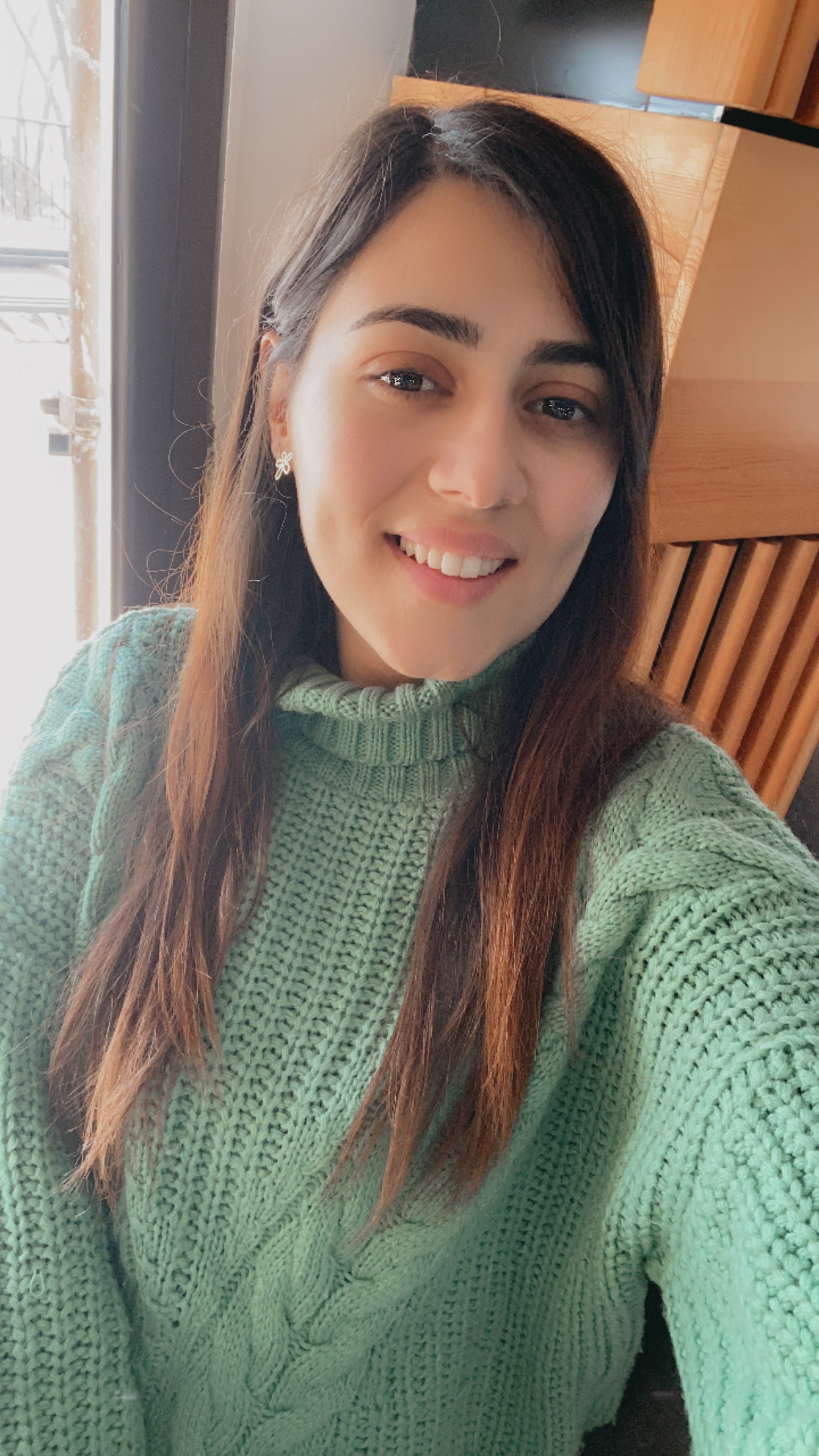

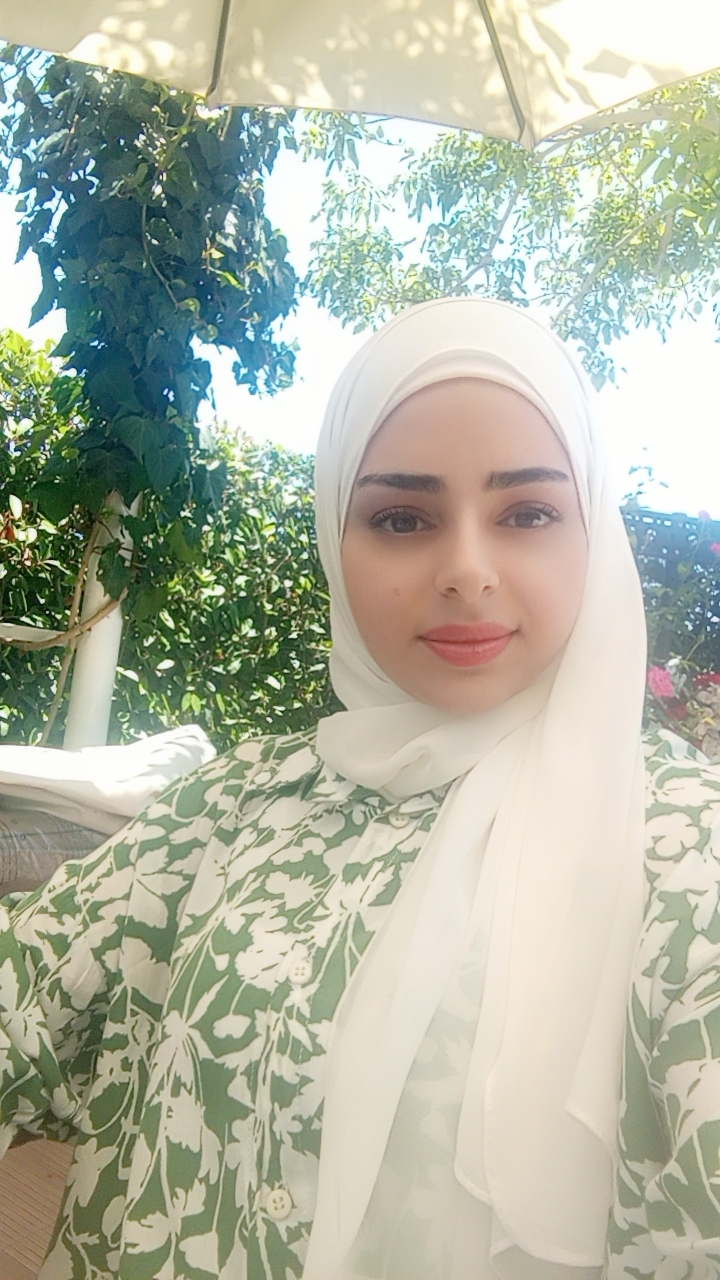
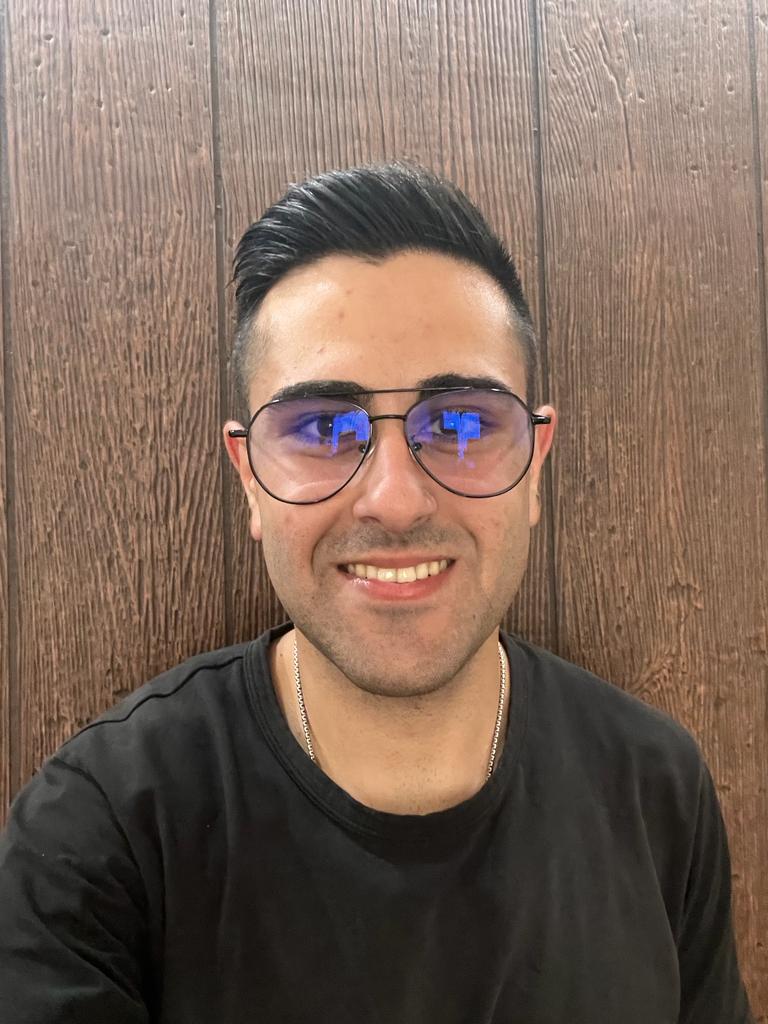
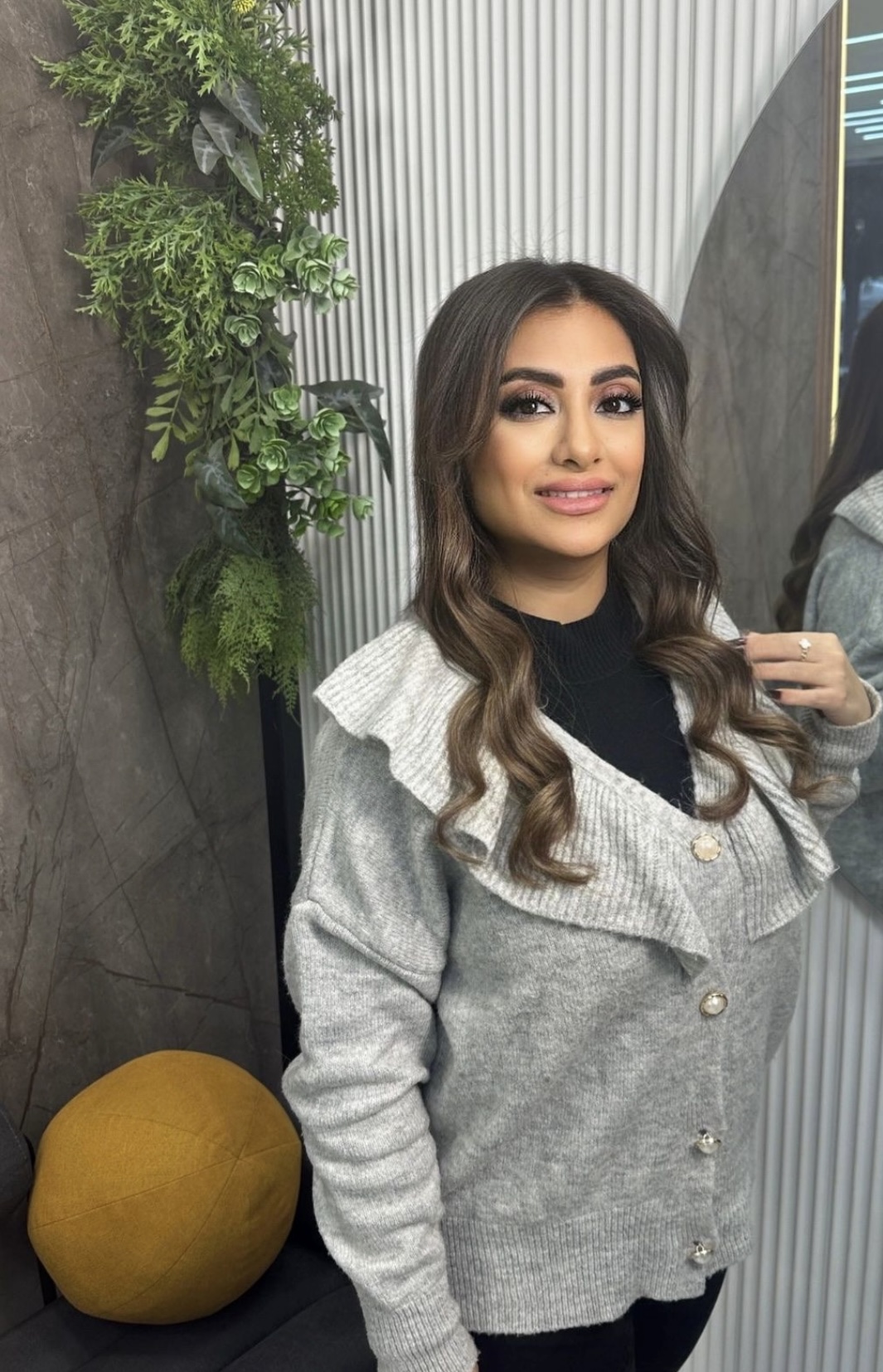
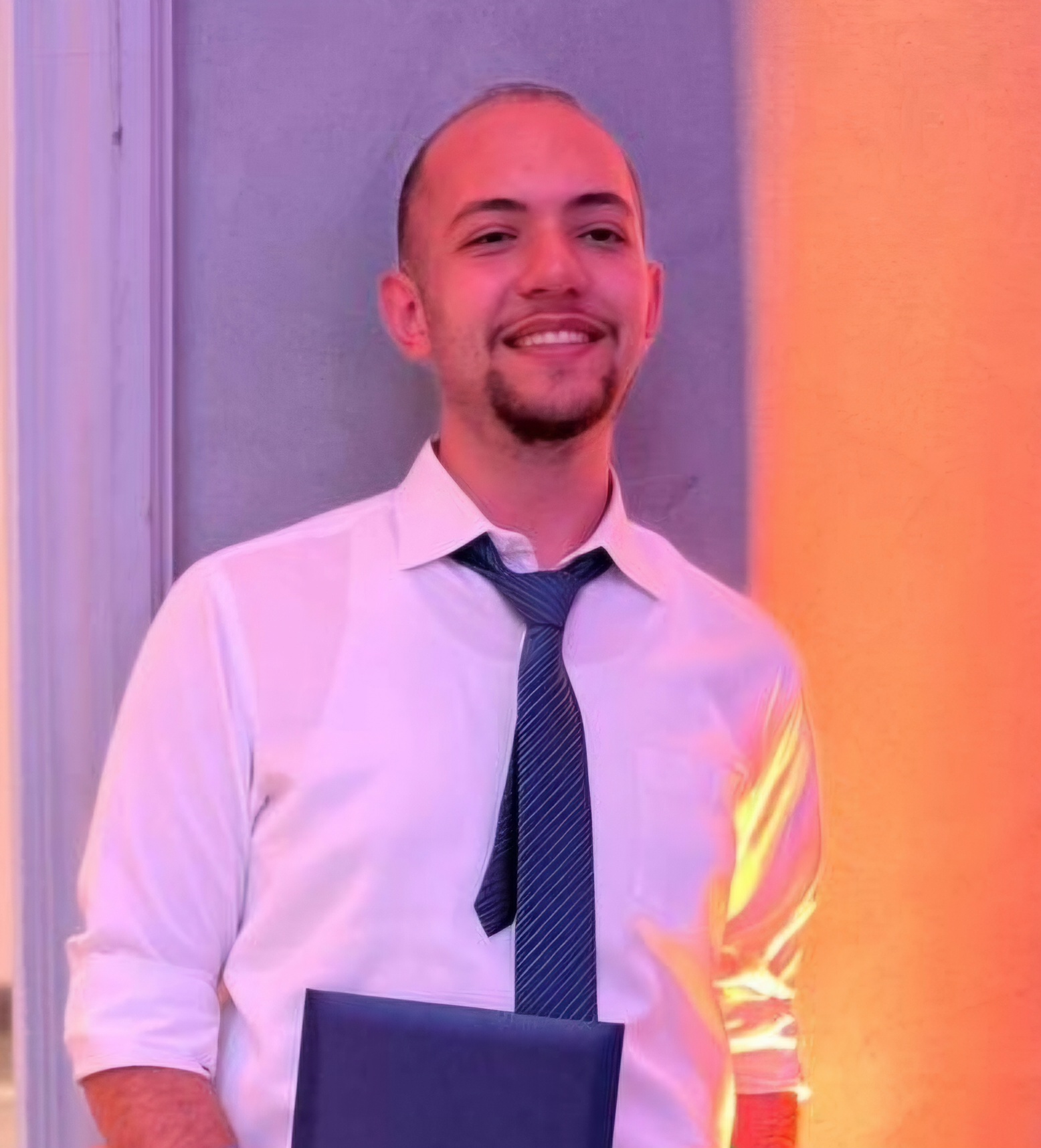


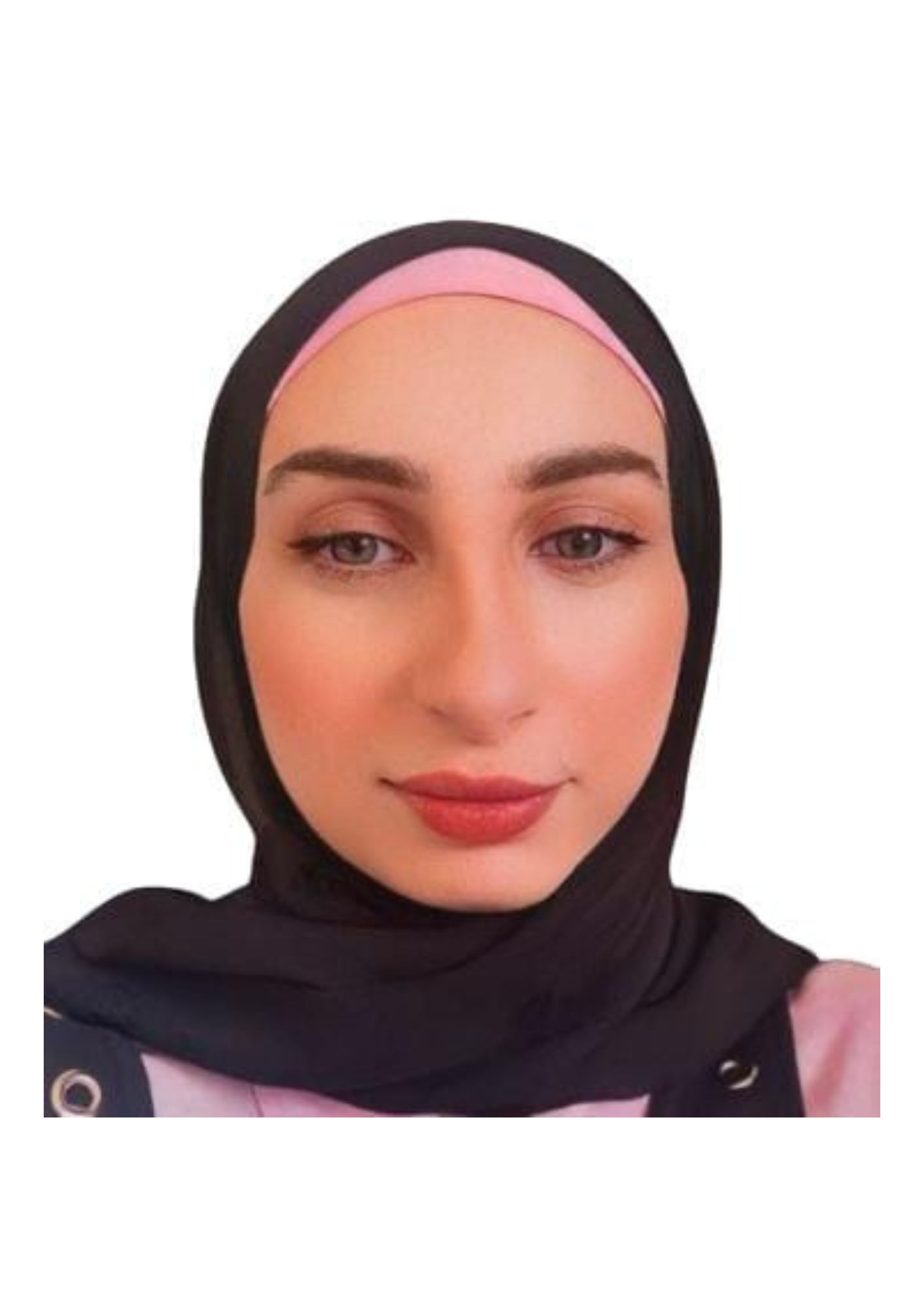
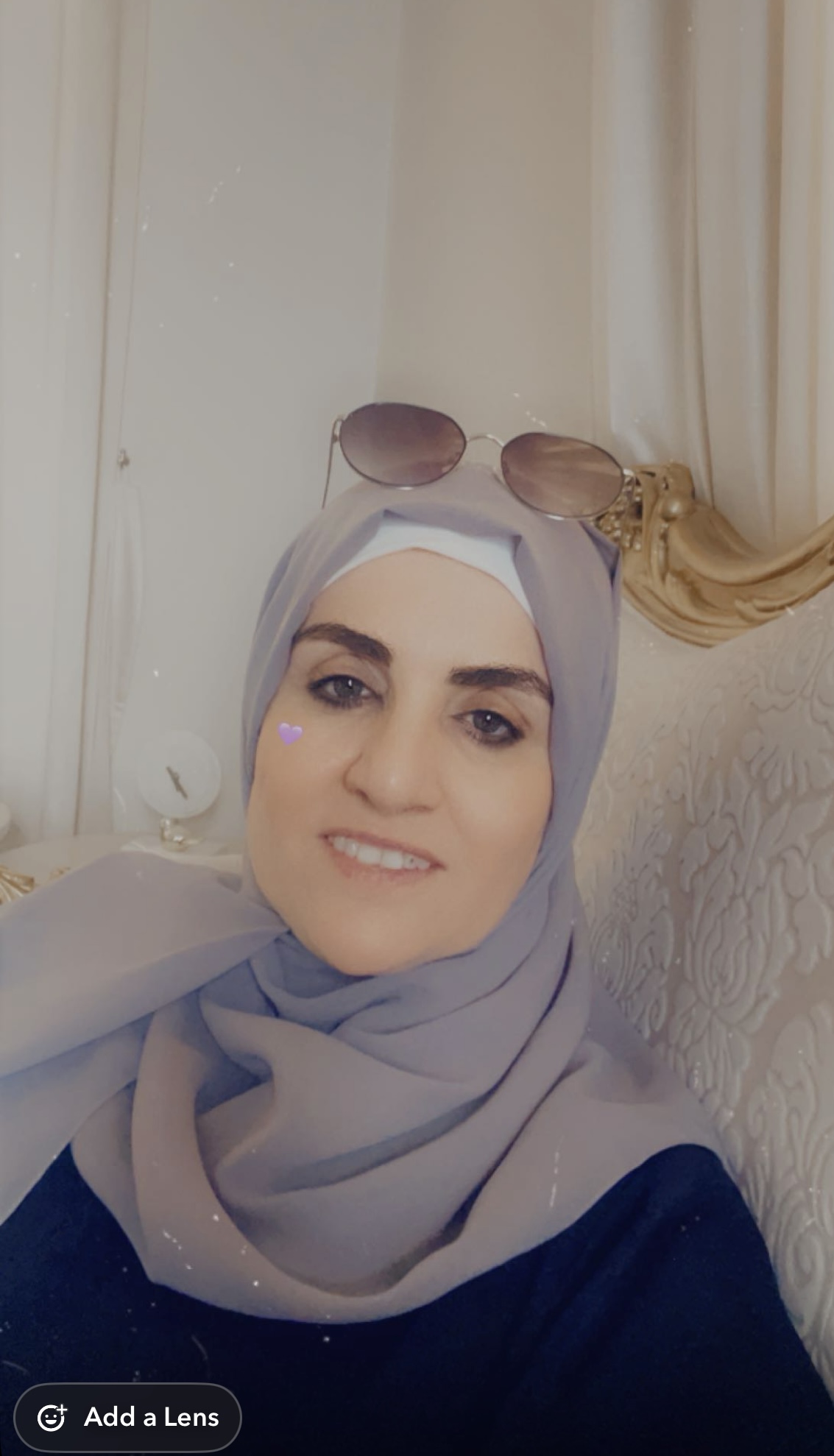
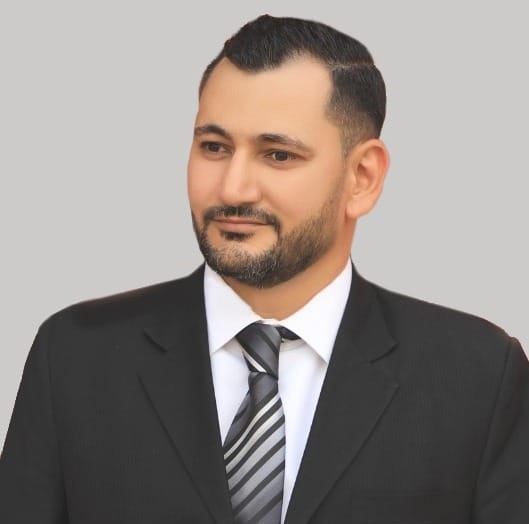
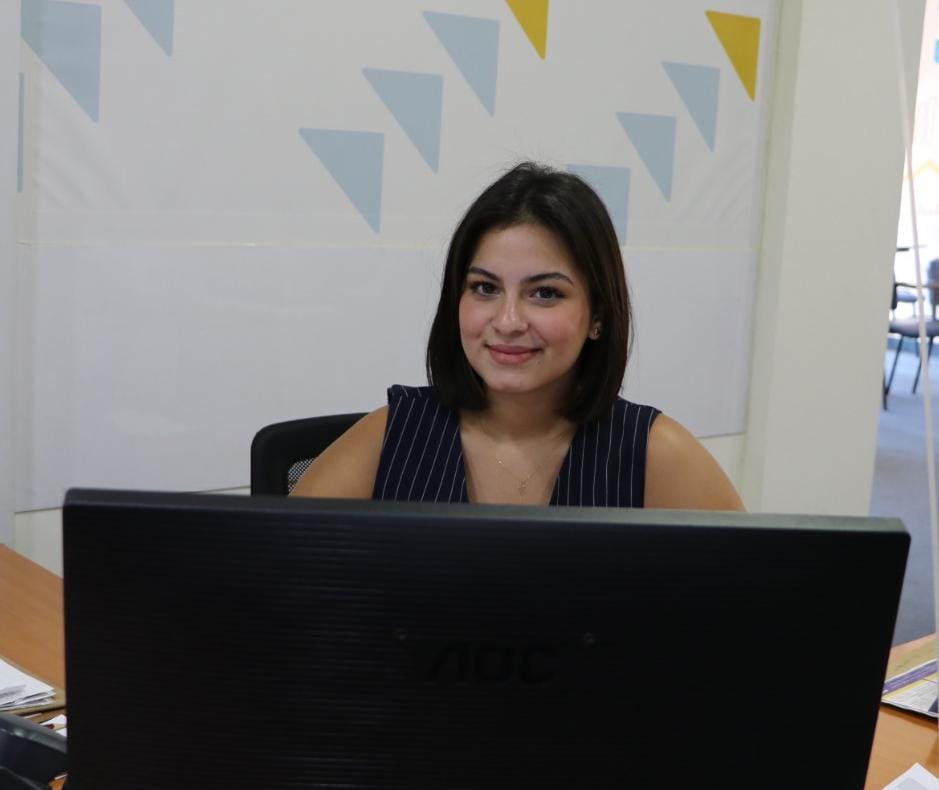

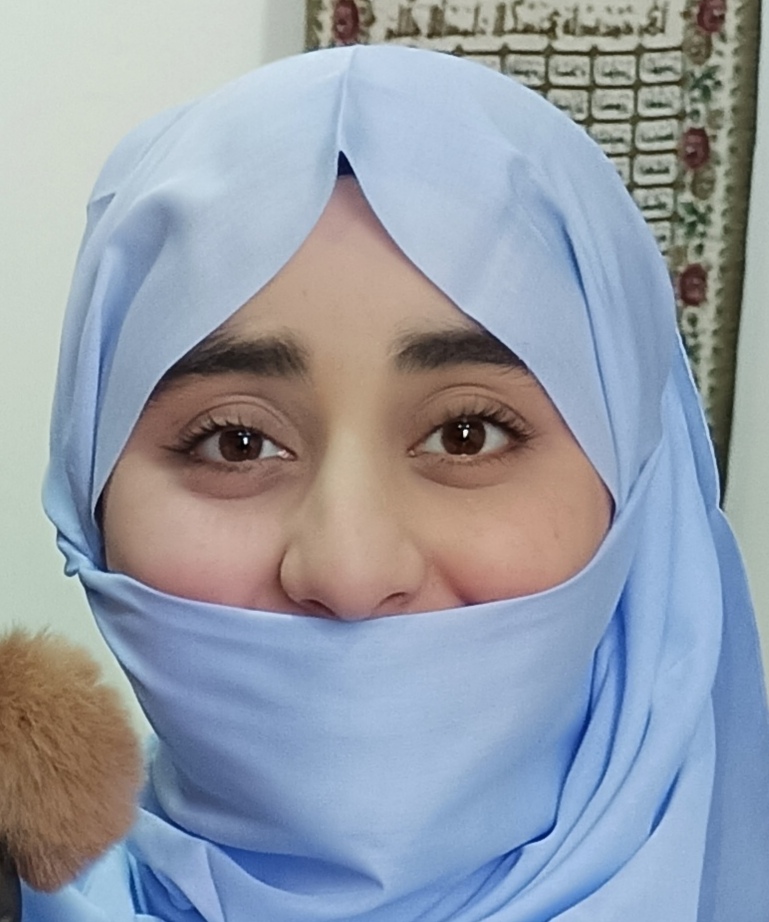

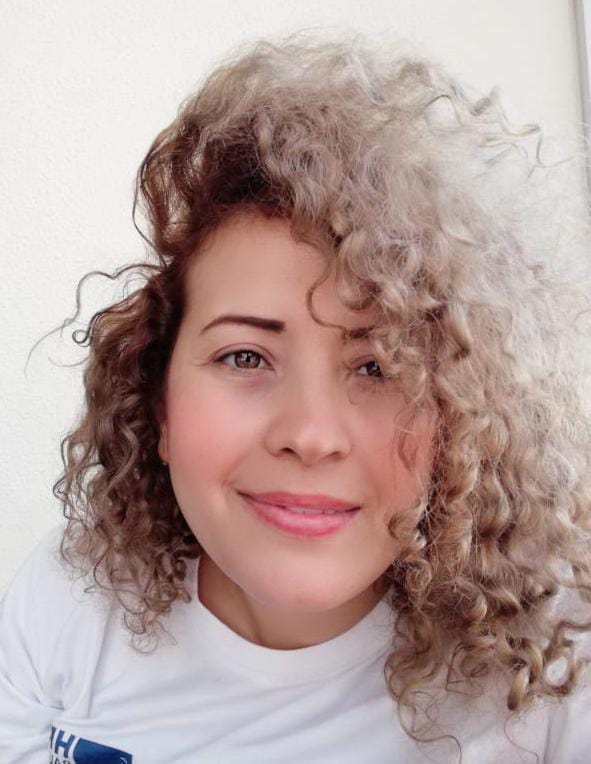
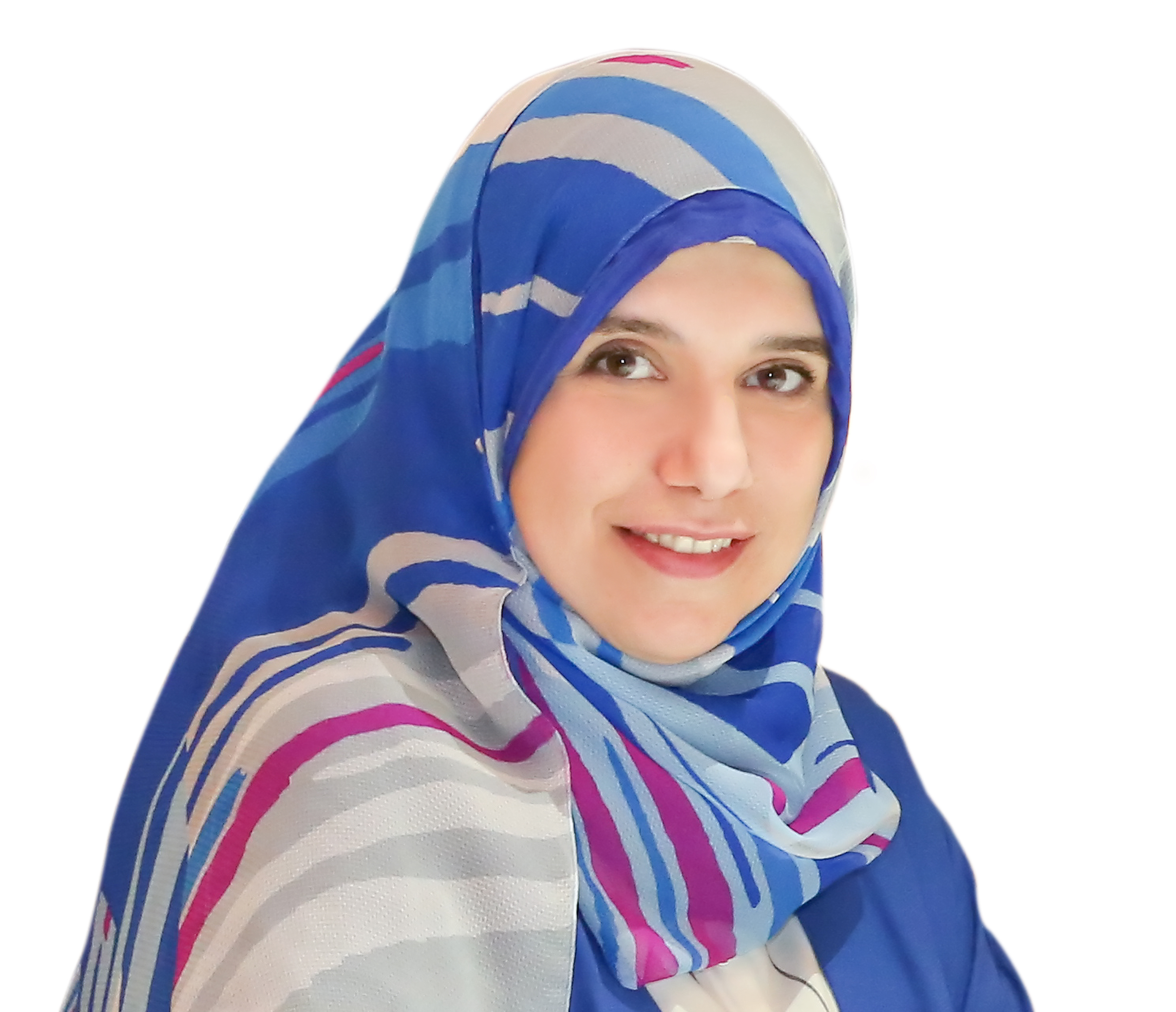
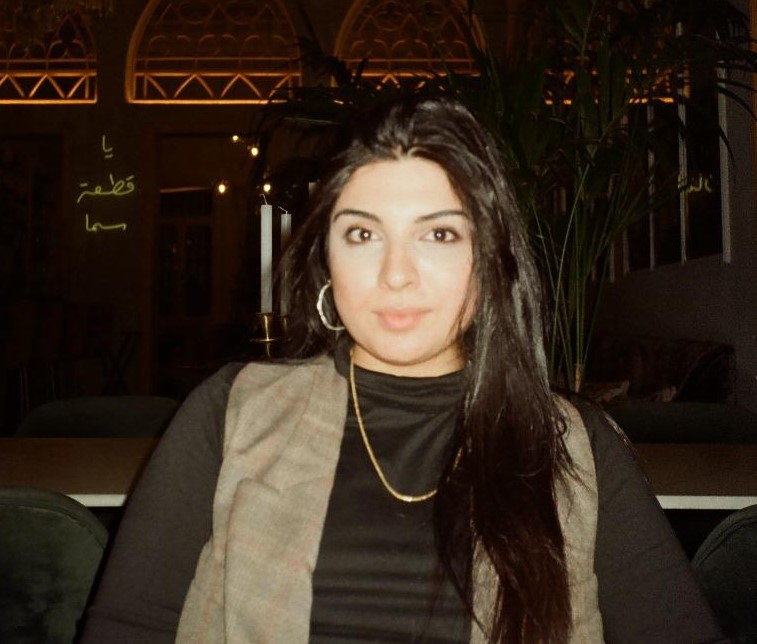
.jpg)
.jpg)
.jpg)



















